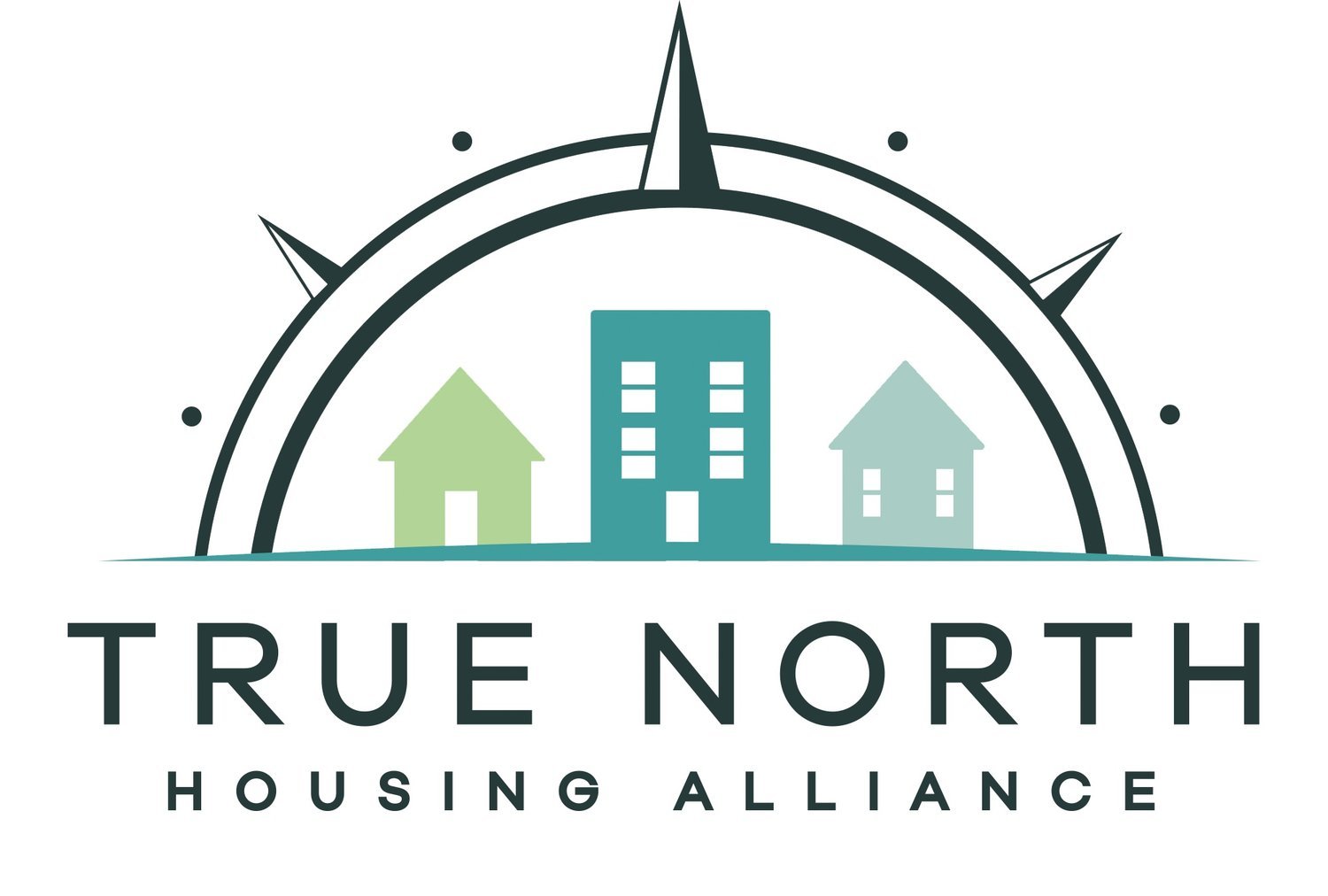A Day in the Life of a Guest
To understand what a congregate low-barrier emergency shelter is and how it operates, it’s helpful to walk through a day in the life of a guest at the Torres Shelter.
Executive Director Taylor Storey details a day in the life of a guest at the Torres Community Shelter for a special featured column in the Chico Enterprise-Record.
Torres Shelter continues transforming — and serving
There are as many solutions to homelessness as there are causes, which is to say there are many. One of those solutions is congregate emergency sheltering. The Torres Community Shelter opened its doors in 1998, operating as a nomadic shelter until securing our current location and operating as an overnight shelter — in by 6 p.m.,, out by 7 a.m. — in 2003. After the 2018 Camp Fire, Torres transformed again into a 24-hour shelter. Transforming yet again, we are currently completing a few final projects to make the shift to a fully low-barrier operation.
To understand what a congregate low-barrier emergency shelter is and how it operates, I think it’s helpful to walk through a day in the life of a guest at the Torres Shelter. First, it helps to note that low-barrier does not mean low-standard. We work diligently to ensure that everyone is treated with respect and with their safety in mind. We acknowledge the room for growth and take the opinions and needs of our guests seriously. With that, the following is an amalgam of experiences and reports from current guests at the shelter.
“I wake up at 6:30. I move slow in the mornings, but my pup’s whining always gets me moving. She is good for me. After I take her out, I head over to the breakfast line. Jr. made smoothies, eggs, and sausage this morning. The smell of that sausage is enough to make anyone jump out of bed. After breakfast, I usually do a puzzle for a while. It helps me to pass the time. I’m looking forward to the groups starting back up again. I’ve been working with Jacque to create a new guest activities calendar. I have a lot of ideas.
“I’m anxious to meet with my case manager. I need help with getting my health insurance issues fixed. Like a lot of people here, I’m older and in a wheelchair. I need to refill medications too. I don’t have a computer to fill out the insurance forms. Hopefully my case manager can help me with those. I want to work on my housing applications too. There are so many forms for everything. Some people stay here for a couple of years, some get houses in a month. I want to find my own home, but rents are so high right now; I wish I hadn’t lost my job.
“After meeting with my case manager, I grab lunch. Brittiney cooked today and made fancy mac n’ cheese and Paul prepped chicken. It was very good. I feel better after meeting with my case manager. She helped me to get some forms done and sorted out the meds issue. Some days, I’m in so much pain all I can do is cry. I hang outside for a while. It’s good to change the scenery and get some air. I enjoy my conversations. People have had hard lives here. It’s sad, but I feel better knowing there are other people like me.
“A church group made pasta, salad, garlic bread, and brownies for dinner. It was good. They got a standing ovation. Now, it’s time to shower. The showers are coin operated and never last long enough. The staff say they hate the coin boxes too. I would like to see more art by guests on the walls. I’ll talk to Jacque about that at our meeting this week. After my shower, it’s one last walk for doggo. Then bedtime comes. It’s hard to be “disabled” and share a space with 50 other gals. People sometimes fight, or cry, or yell at nothing. I want to watch movies but know the bright light on my phone bugs my neighbor and lights out has been announced. It is hard here. You gotta adapt all the time. I’m grateful to be here though. Without this place I’d be dead. I’m serious. I wouldn’t have survived the life I was living. I don’t have any family. This place feels like family to me in a lot of ways. A guest died the other day. I know that happens. Us “homeless” don’t live long it seems. We signed a card and gave out flowers. Taylor said the card has wildflower seeds in it, and that we’ll plant it in the garden. I’m looking forward to the garden.”
Like most solutions, ours is not perfect or necessarily the best one. We continue to learn, grow, and adapt daily to the changing times and needs of our community, housed and unhoused alike. We are grateful to provide a space of respite, however unperfect.
Taylor Storey is the Executive Director of True North Housing Alliance, the parent organization of the Torres Community Shelter.
About the column
The Enterprise-Record is publishing a series of columns written by leaders of local groups that are providing services for our homeless population. This will give each group a chance to explain what they offer, and also help readers understand the various roles filled by our service providers.
Article 1: Safe Space Winter Shelter
Article 2: Torres Community Shelter (True North Housing Alliance)
Article 3: Home & Heart

